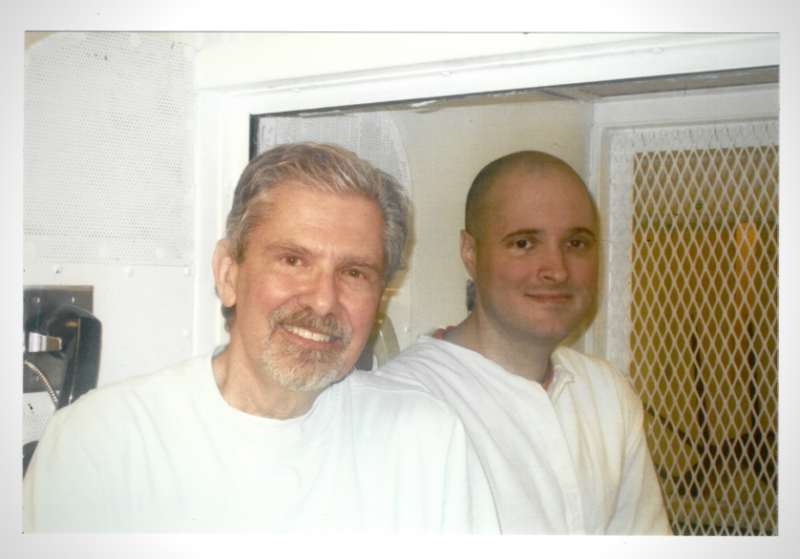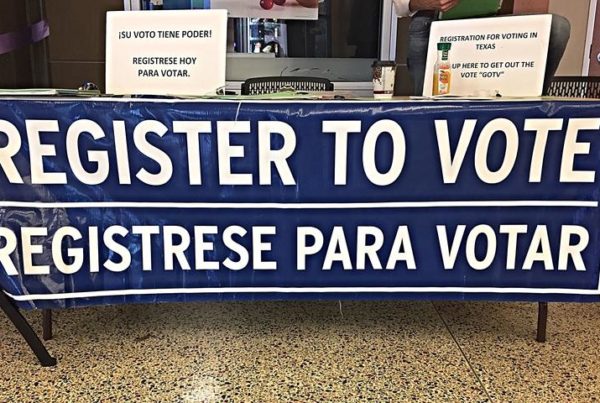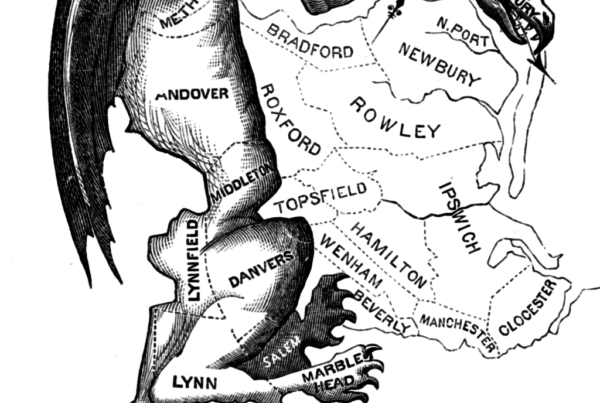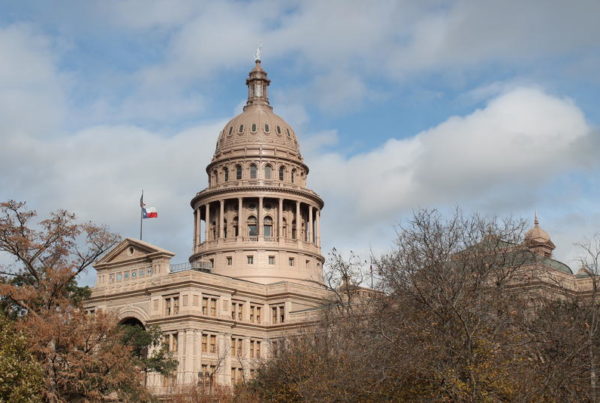Thomas Bartlett Whitaker wasn’t supposed to be alive now. He was scheduled to be the fourth person executed in Texas this year, sentenced to death for coordinating the 2003 Sugar Land murders of his mom and brother and the attempted murder of his dad. He wanted the insurance money.
But his dad, Kent Whitaker, fought passionately to stop his son’s execution, saying it would cause him to hurt all over again, to lose his remaining son. Thursday evening, less than one hour before Thomas Whitaker was set to receive a lethal injection, word came that Texas Gov. Greg Abbott had accepted a recommendation from the Texas Board of Pardons and Paroles that Whitaker instead be granted a sentence of life in prison.
The Texas Standard spoke with Kent Whitaker back in January as he was still fighting to overturn his son’s death sentence. Thursday evening, after saying goodbye to Thomas – who he calls Bart – Whitaker learned of the governor’s decision.
“I’m overjoyed. I’m grateful,” Whitaker says. “I guess I really want to say thanks to the governor and the parole board. These guys work really hard reviewing a lot of information. And they’re all tough law and order people. And the fact that they agreed with my contention that life in prison without parole was the appropriate sentence in this awful crime, it’s a validation and a vindication that Texas does listen to victims when they request mercy instead of just vengeance.”
Whitaker says that there’s never been a unanimous decision by the parole board to recommend clemency before, and he had no idea what the governor was thinking or what his decision would be.
“I know he was digging into it and talking to experts and doing his due diligence and working hard at a decision, but we had no idea what that process was,” he says. “It was an incredibly intense week.”
Whitaker says he and his wife visited Bart in prison on Thursday while they waited for a decision.
“As the two hours wore on, we became more and more aware that this actually might be our last visit together. That he may actually be executed that afternoon,” Whitaker says. “When the time came for us to leave at noon, we left the prison.”
Then, he says, Bart was transported to Huntsville for the execution. Whitaker drove to Huntsville, too. He wasn’t allowed to see Bart at that point, but they did speak on the phone. He says it was a crushing afternoon.
“When five o’clock came and they told us that the phone privileges were over and I hung up,” he says, “I just burst into tears because I truly believed at that point that I would never hear his voice again.”
He’s not upset that the governor’s decision came at the last minute. He says the governor was wrestling with a tough decision – life or death.
“30 minutes before the drugs were to enter his veins,” he says, “we got a call from our attorney, Keith Hampton, that the governor had issued a statement and signed the proclamation and had agreed that the life in prison without a chance for parole was the appropriate sentence.”
Bart issued a statement, as well.
“I’m thankful for this decision, not for me but for my dad,” he said. “Whatever punishment I might have received or will receive will be just. I deserve any punishment for my crimes, but my dad did nothing wrong. The system worked for him today and I will do my best to uphold my end of the bargain.”
For Whitaker, the governor’s decision ends one very long and difficult chapter of his life.
“Since December 10 of 2003, my life has totally changed, and ever since Bart fell under suspicion and then was arrested and convicted, I’ve been faced with the expectation and the knowledge, the realization that yesterday was going to happen sometime,” he says. “That there was going to be an execution scheduled, that we would have our last visit.”
Instead, Thomas Bartlett Whitaker will now spend the rest of his life in prison for the 2003 murders of his mother and brother, and attempted murder of his father. This was Abbott’s first commutation, and the first by a Texas governor in more than 10 years.
Written by Jen Rice.














